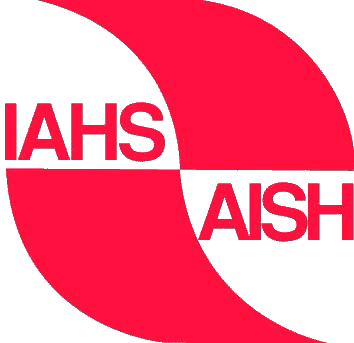 |
IAHS 90th ANNIVERSARY |
 |
|
SCIENTIFIC DECADE 2013-2022 |
Research challenges for the new decade:
Application of hydrological science in practice
Denis Hughes
Institute for Water Research, Rhodes University, Grahamstown, South Africa, email: [email protected]